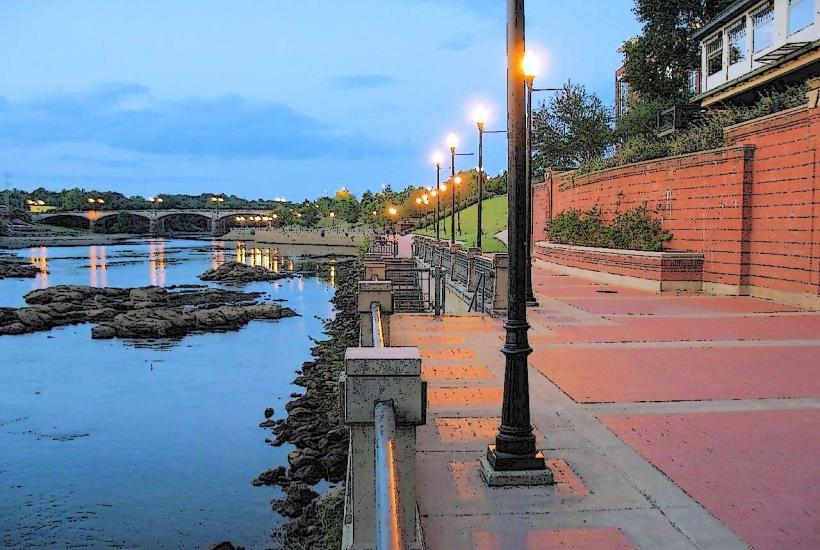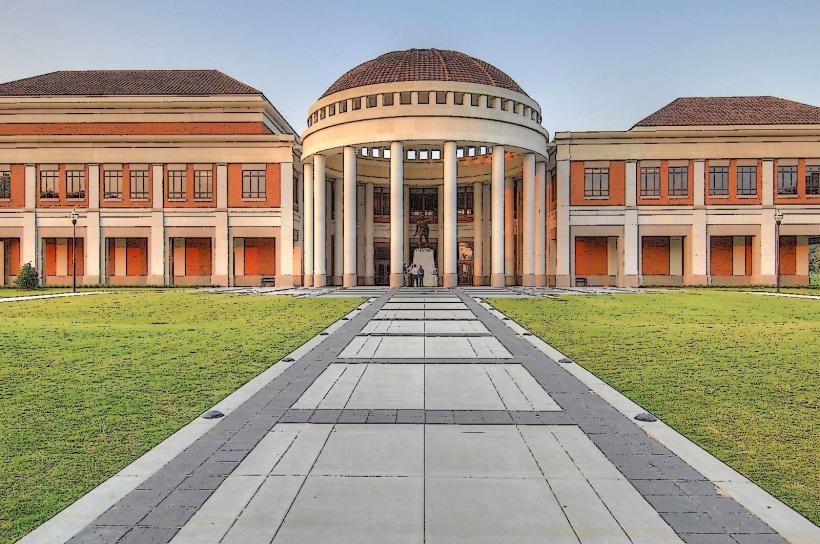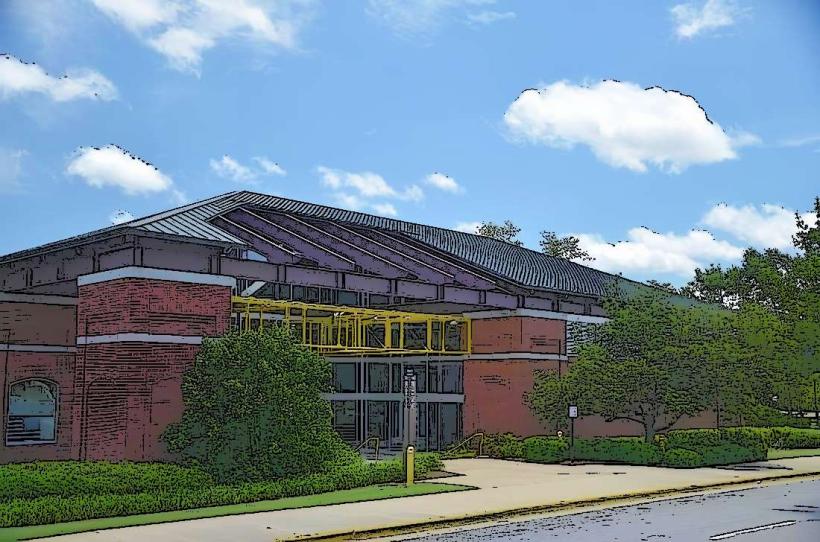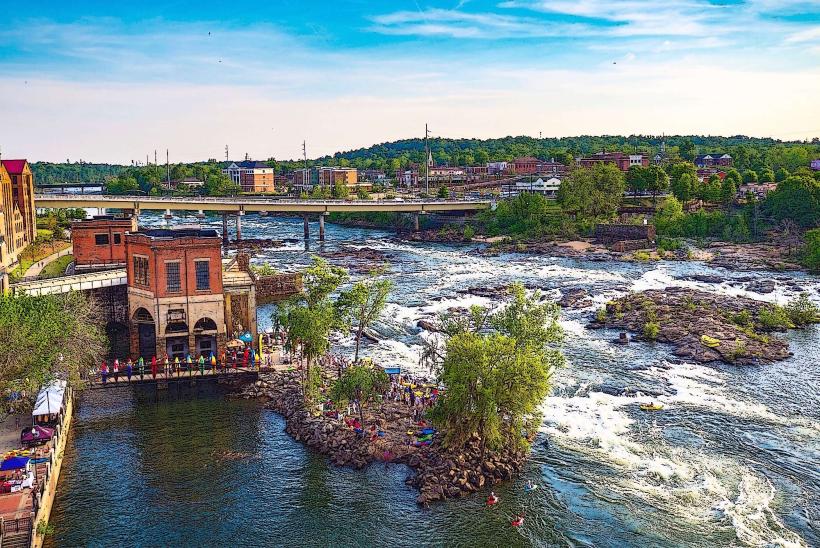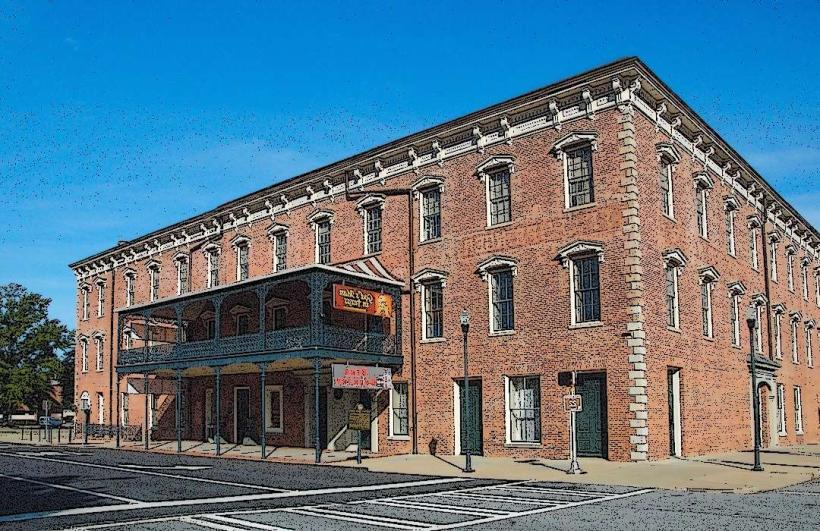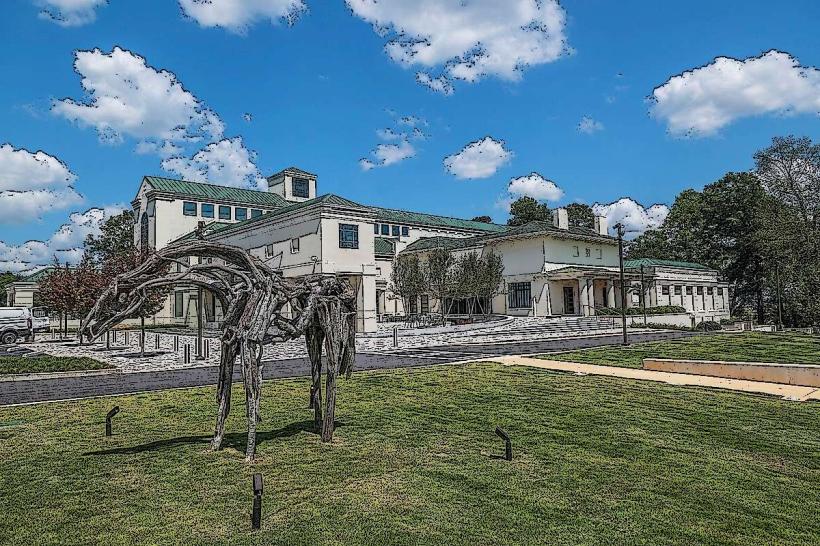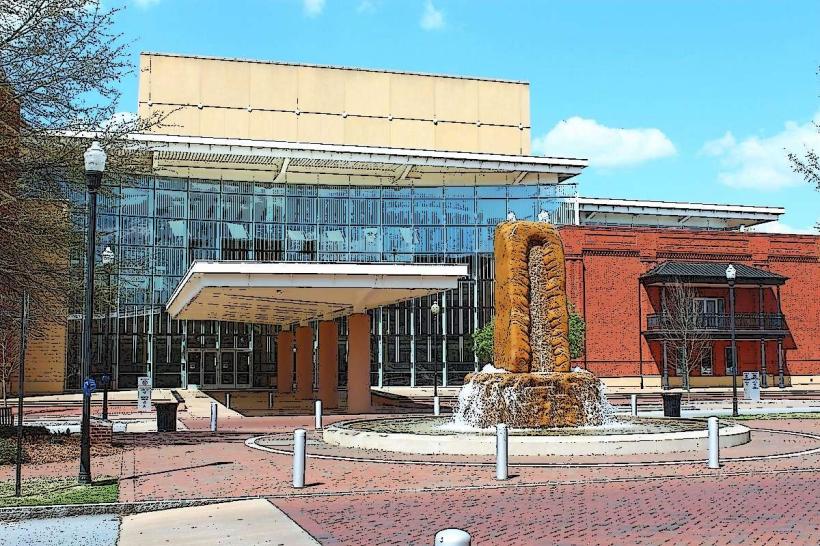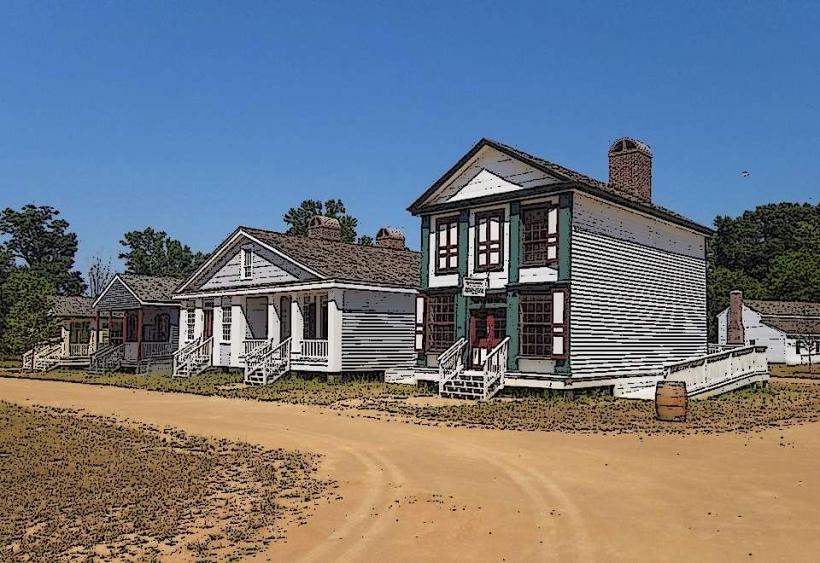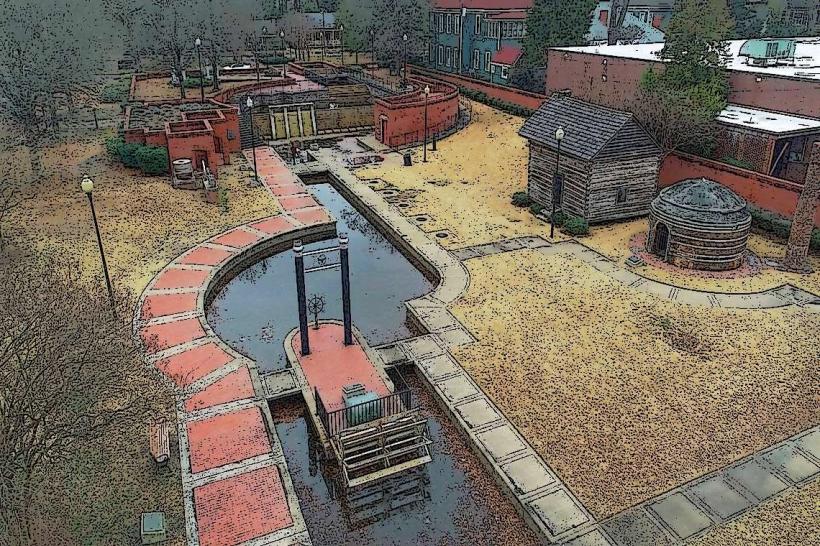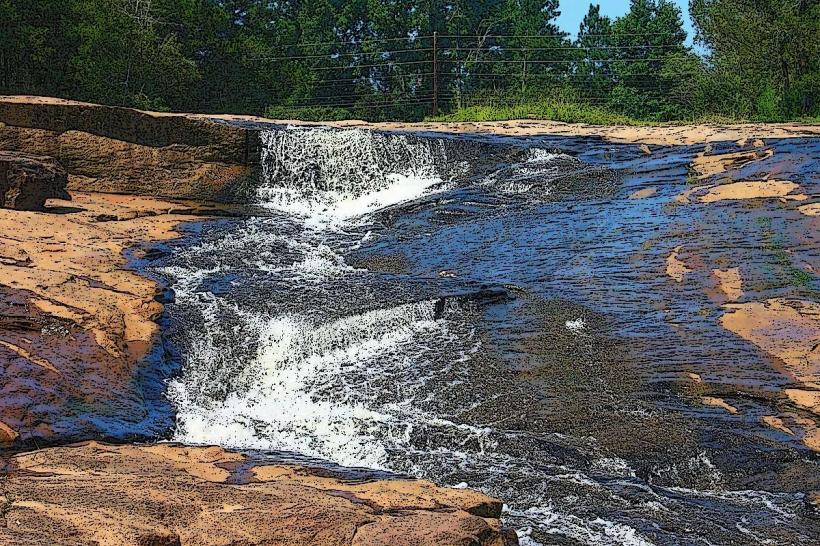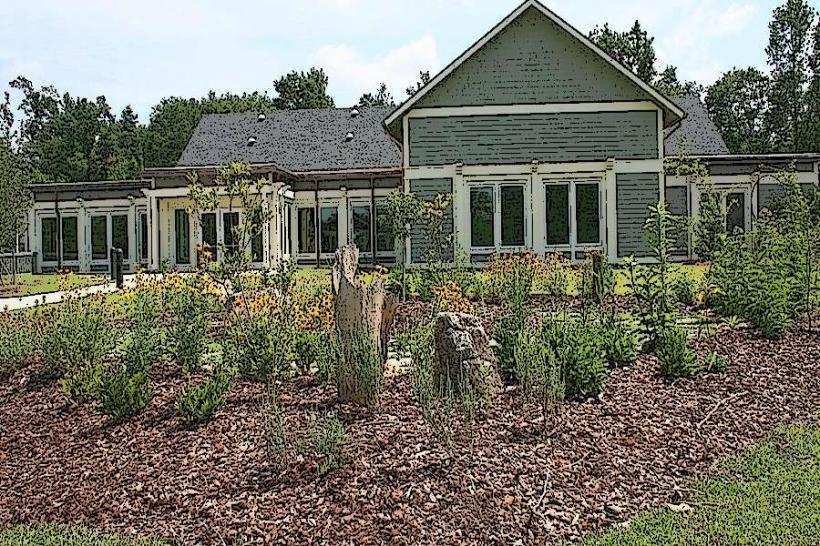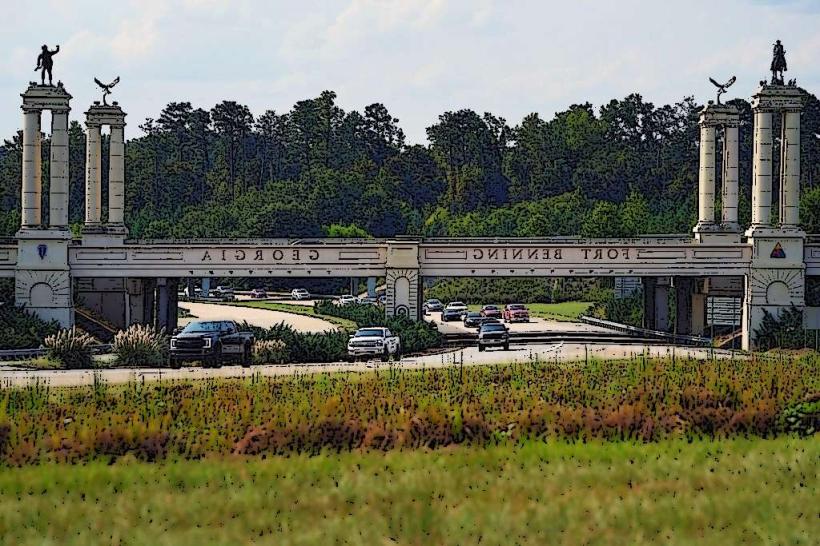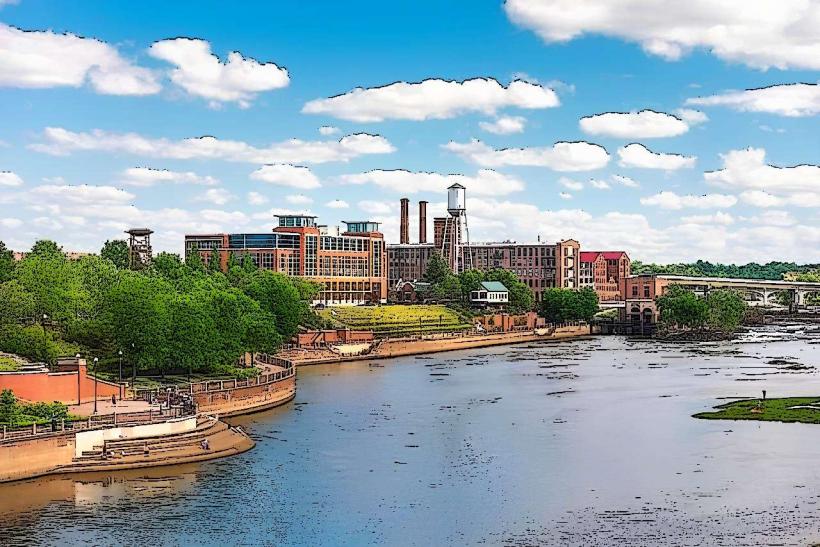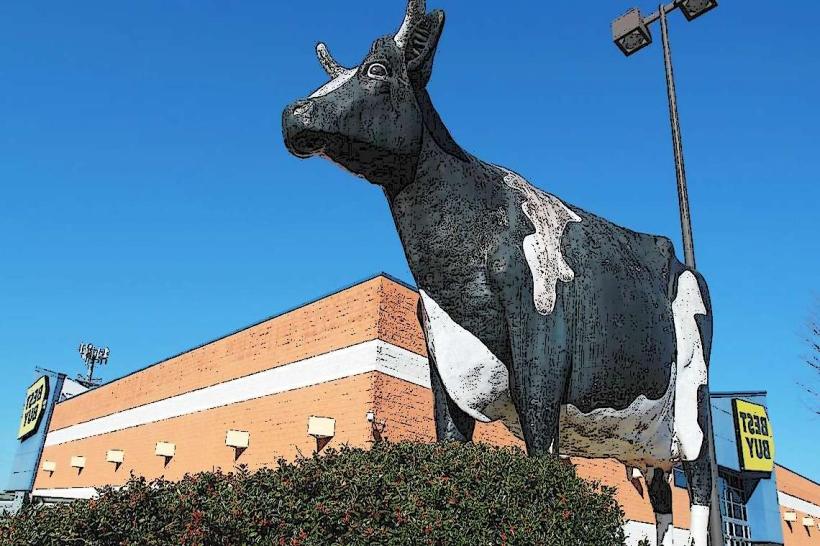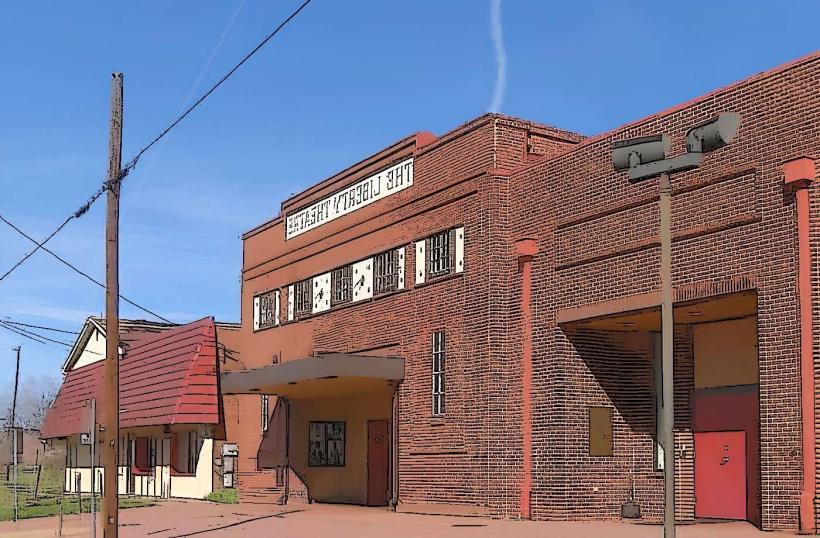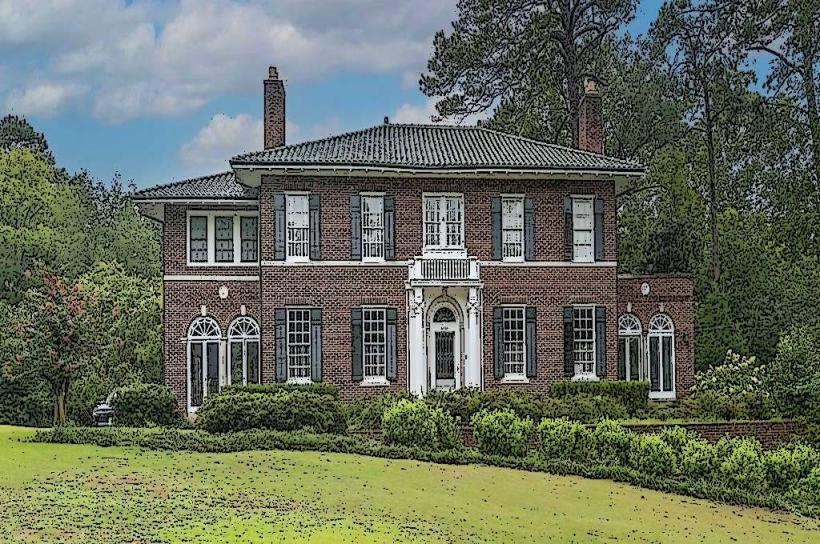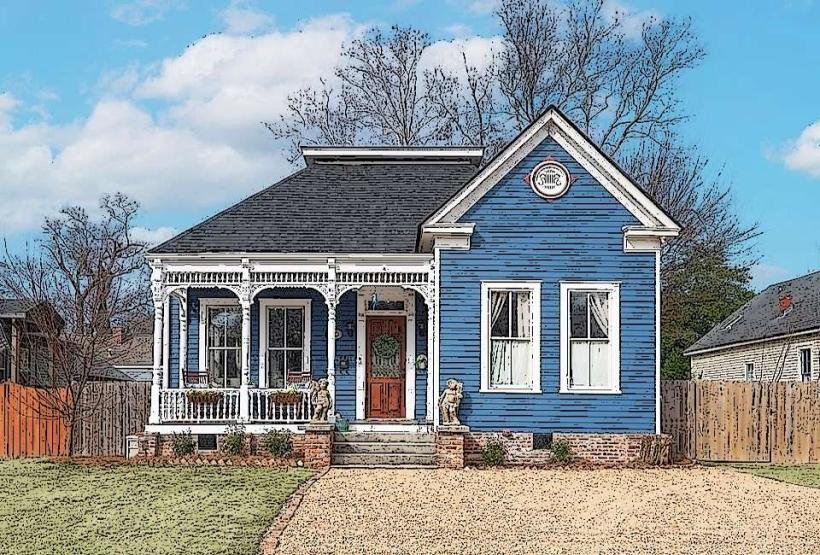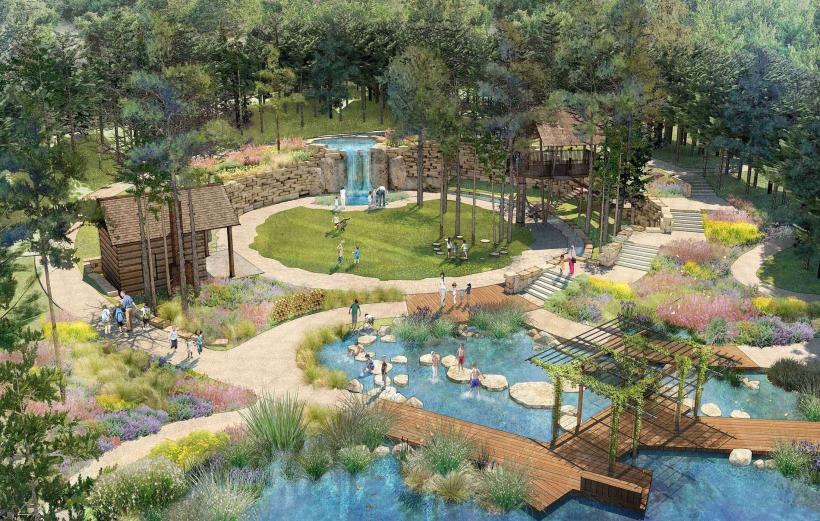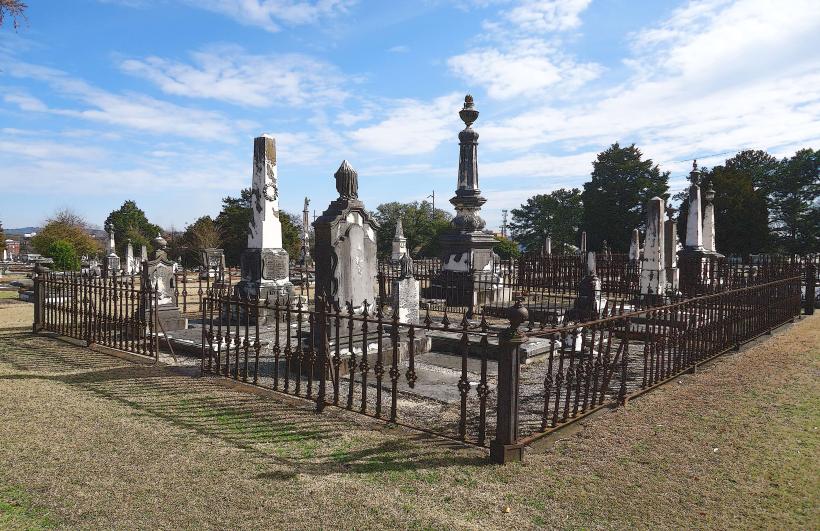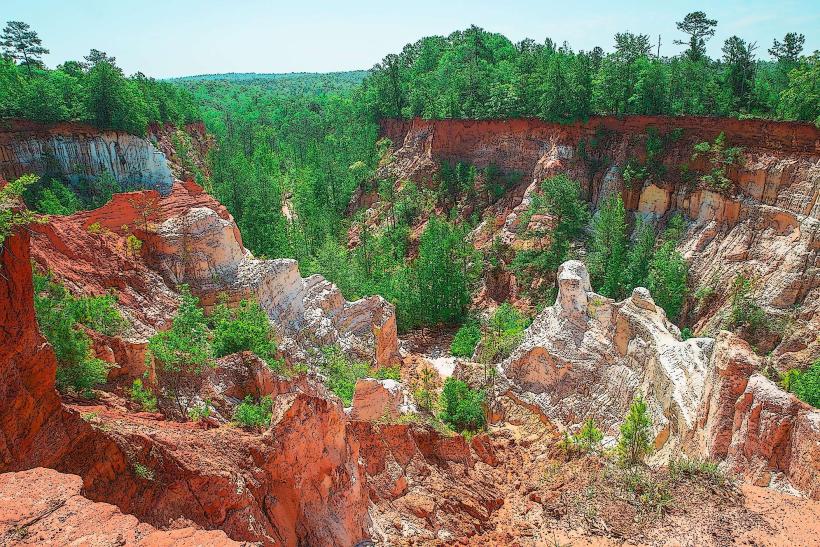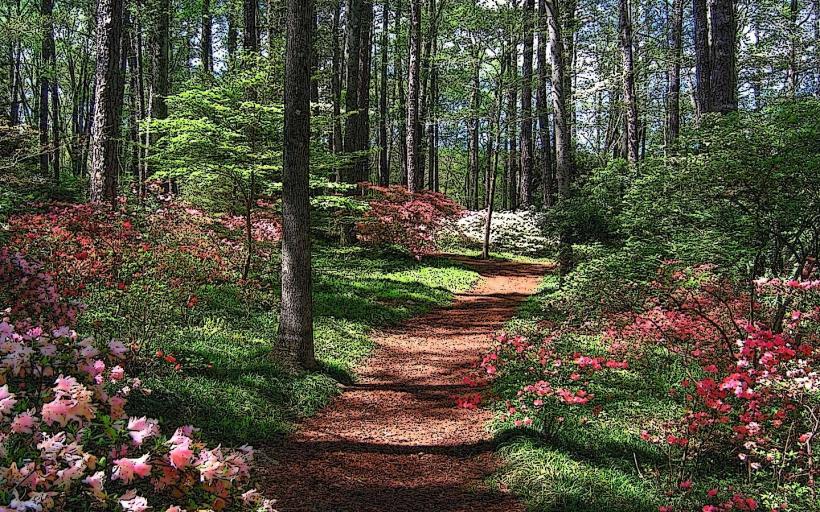Information
City: Columbus CityCountry: USA Georgia
Continent: North America
Columbus City, USA Georgia, North America
Columbus serves as the county seat of Muscogee County and is situated on the Chattahoochee River at the fall line. It is the second-largest city in Georgia by population and serves as the primary gateway to Fort Moore (formerly Fort Benning).
Historical Timeline
Columbus was founded in 1828 as a planned city centered on textile manufacturing and river trade. Primary governance eras include its 19th-century dominance as "The Lowell of the South" due to its massive water-powered mills, its role as a major Confederate supply center, and its 20th-century transition into a diversified hub for financial services and military logistics. The 1918 establishment of Fort Moore significantly altered the city’s economic trajectory. The late 20th-century "Columbus Challenge" project catalyzed the total revitalization of the Uptown riverfront.
Demographics & Population
The population within city limits is approximately 207,000, with a metropolitan area of 328,000. The demographics are Black or African American (46%), White (39%), and Hispanic or Latino (8%). The median age is 34.1 years.
Urban Layout & Key Districts
The city is organized on a grid system focused on the riverfront. Uptown (Downtown) is the modernized core for entertainment, the university, and corporate headquarters. The Historic District contains preserved 19th-century architecture immediately south of Uptown. Midtown is a residential and commercial revitalization zone. North Columbus serves as the primary retail corridor and high-density residential expansion area.
Top City Landmarks
National Infantry Museum (Located at the Fort Moore entrance)
Chattahoochee RiverWalk (24 km trail)
Coca-Cola Space Science Center
Ma Rainey House & Blues Museum
RiverCenter for the Performing Arts
Transportation Network
Movement is serviced by METRA Transit System (bus). The city is connected via I-185 and US-80. Columbus Airport (CSG) provides domestic regional connections. The city features the world’s longest urban whitewater rafting course on the Chattahoochee River. Ride-sharing via Uber and Lyft is highly active. Traffic density is moderate, with peak congestion occurring on Veterans Parkway and the J.R. Allen Parkway.
Safety & "Red Zones"
The general safety level is moderate. Caution is advised at night in specific areas of South Columbus and the neighborhoods bordering Victory Drive, which experience higher rates of property and violent crime. Common scams are infrequent, usually involving predatory lending or unauthorized solicitors near military-adjacent retail zones.
Digital & Financial Infrastructure
Internet speeds average 250 Mbps with fiber-optic availability via AT&T and Mediacom. Main mobile carriers are Verizon, AT&T, and T-Mobile. Card acceptance is universal. ATMs are concentrated in Uptown and within major grocery chains like Publix or Piggly Wiggly. The city is the global headquarters for AFLAC and TSYS.
Climate & Air Quality
Temperatures range from 3°C to 15°C in winter and 22°C to 34°C in summer. Air quality is consistently high. Specific weather risks include high humidity and severe thunderstorms during the summer months.
Culture & Social Norms
The standard tipping percentage is 18–22%. A handshake is the standard greeting. Dress codes are casual-conservative, with "Military-Professional" influence pervasive throughout the city. Smoking is prohibited in all public indoor spaces.
Accommodation Zones
Uptown: Recommended for walking access to the RiverWalk, local dining, and the arts district.
North Columbus (Whittlesey Blvd): Recommended for national hotel chains, expansive retail, and proximity to the highway.
Local Cost Index
1 Espresso: $4.25 (USD)
1 Standard Lunch: $16.00 (USD)
1 METRA Bus Fare: $1.30 (USD)
Nearby Day Trips
Providence Canyon State Park (70 km)
Callaway Resort & Gardens (50 km)
Plains, GA (Home of Jimmy Carter) (105 km)
Warm Springs / Little White House (65 km)
Facts & Legends
Columbus is the birthplace of Coca-Cola; Dr. John Pemberton invented the original formula in his local pharmacy in 1886. Historically, the city was the site of the last land battle of the Civil War (Battle of Columbus) in April 1865. A local legend involves the "Ghost of the Springer Opera House," where staff have reported sightings of a spectral actor named Booth and unexplained environmental shifts in the historic 1871 theater.

